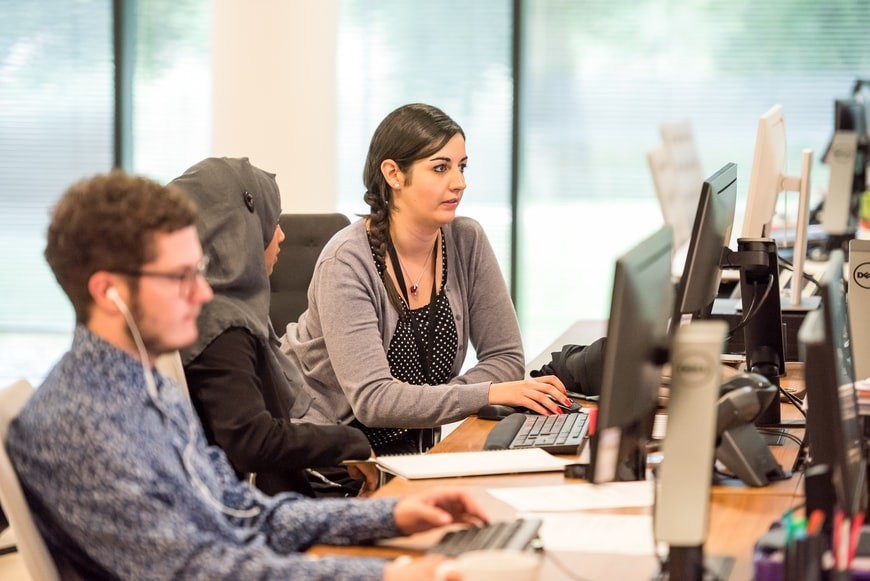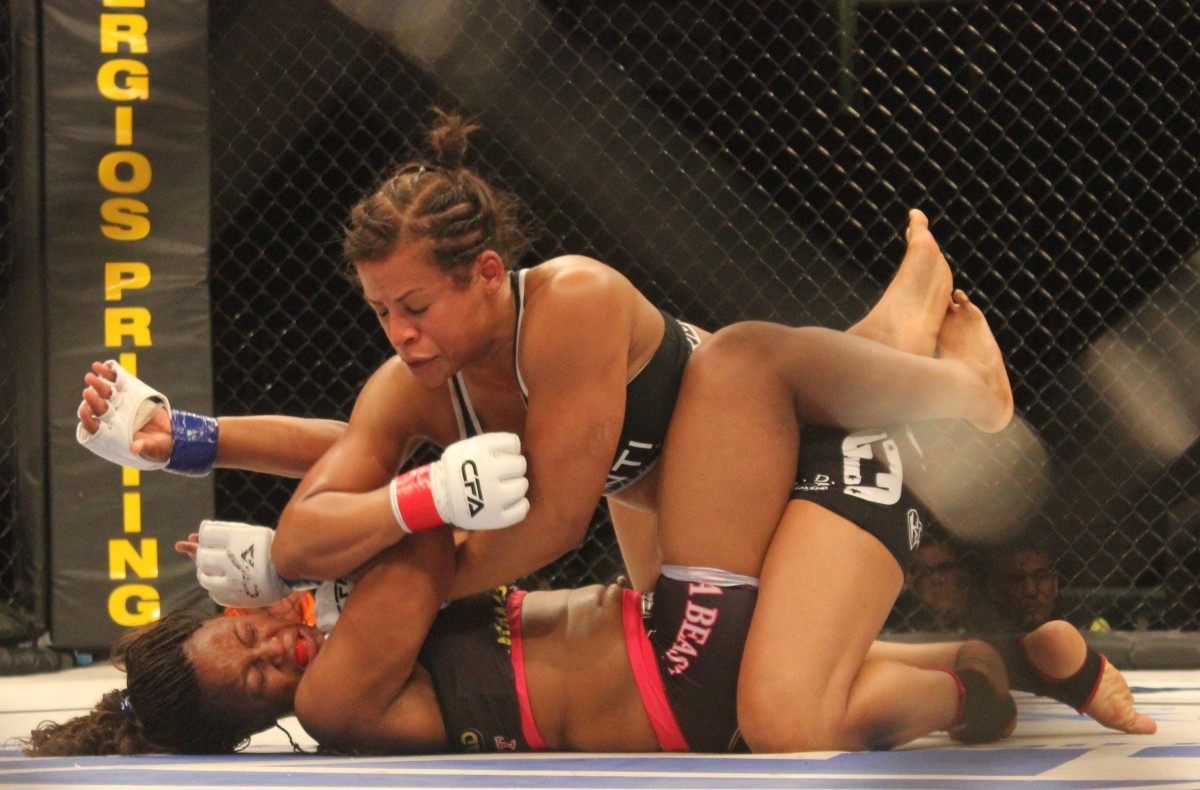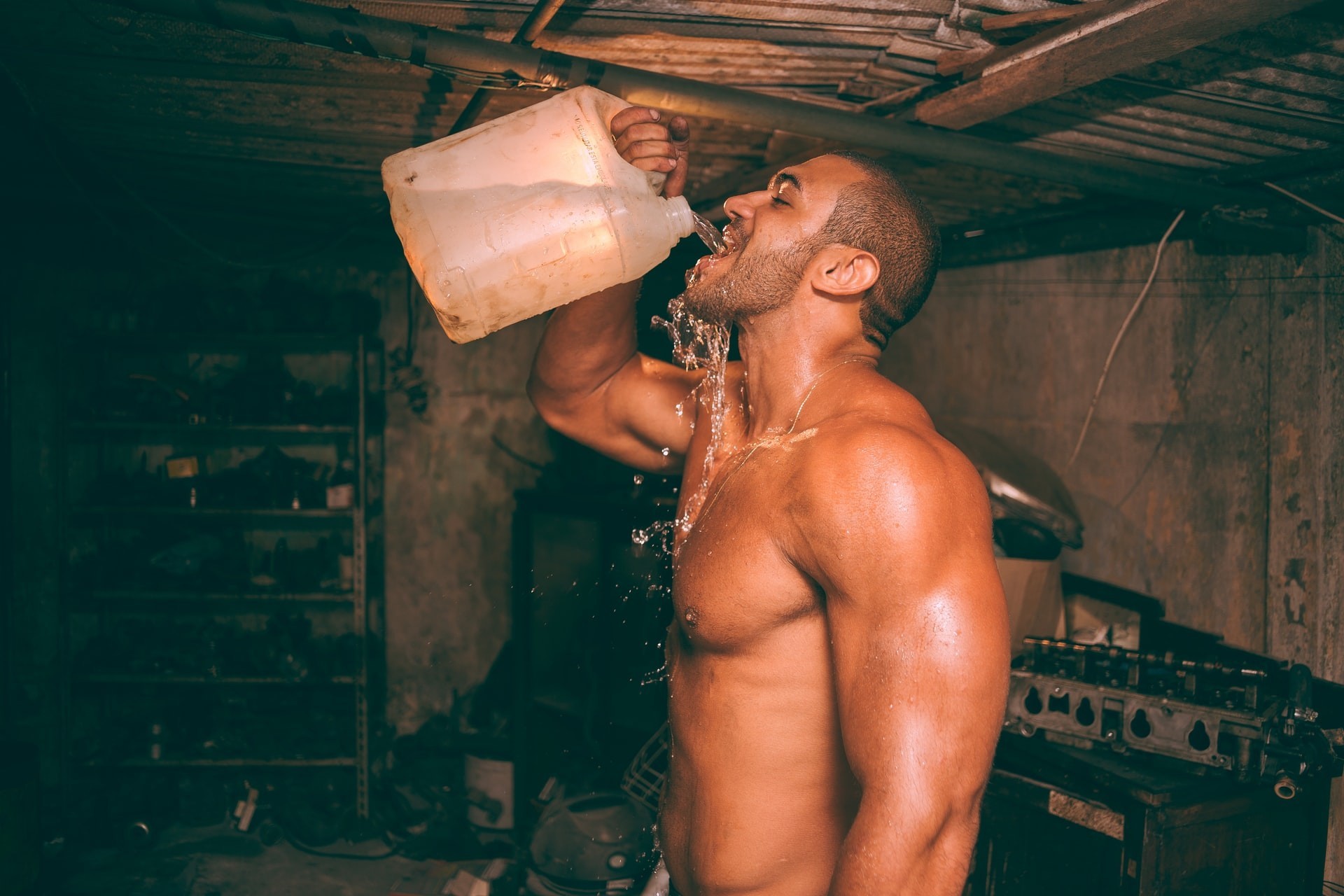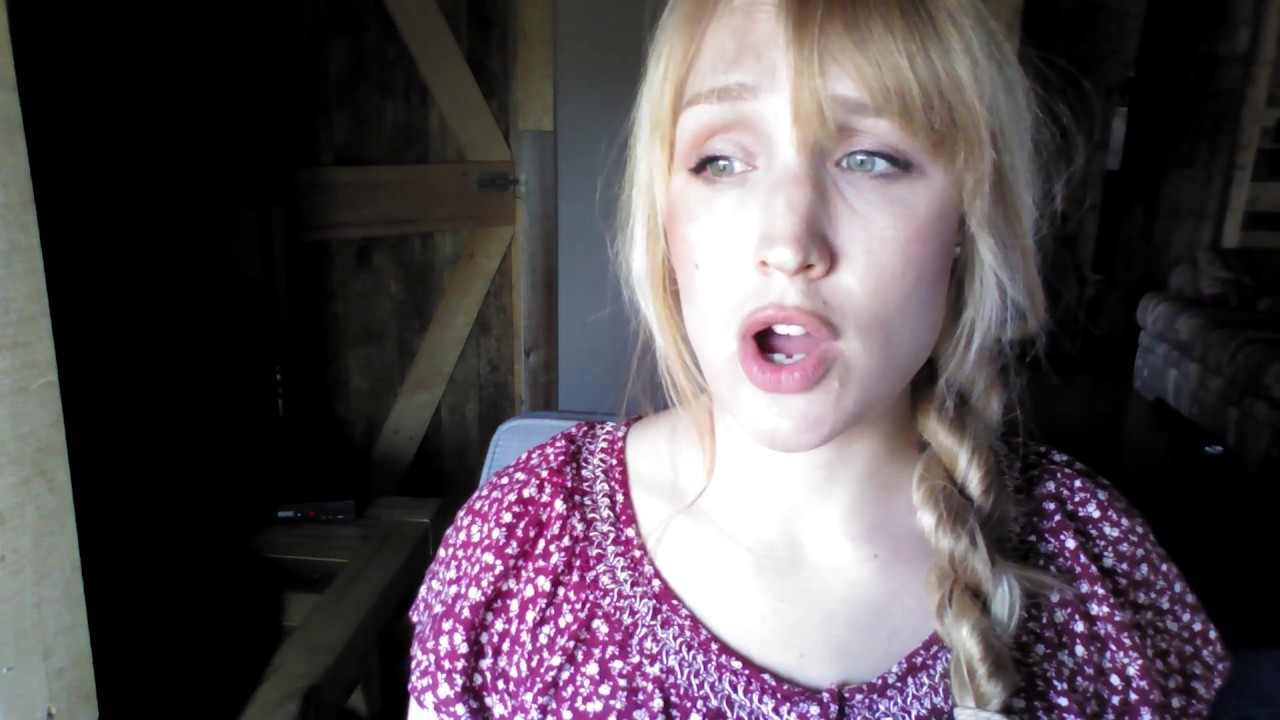According to J.K. Rowling, "I don’t like the marginalization of women when the fighting breaks out. We get to fight too." However, when we say "fighting", who's the enemy? For many decades, feminists have portrayed men as the villains of our struggles to be valued and respectable women in society. But today, being called "women" in itself appears to have become a whole new frontier of the fight, and it has nothing to do with men.
The idea of using alternative terms to refer to "women" has been flaunted around for about a decade now. With the rise in mainstreaming of trans women, the debate has become all but shoved down our throats. We saw the outrage against the "birthing people" terminology in President Joe Biden's 2022 Budget in reference to women. But this push back began much earlier, notably when free speech advocates like Canadian clinical psychologist, Jordan Peterson, gained celebrity status in facing backlash for fighting to preserve traditional use of language in reference to the genders. That particular fight intensified between 2011 and 2015, revolved around the proposed use of new pronouns like "Ze", "Hir", "Zir" to refer to certain gender non-binary groups as they please. Although these new pronouns were mandated in Bill C16 to be used in Canada, they never sunk into society's consciousness to gain popularity. However, the debate/experiment or 'trial balloon' if you will, had been re-invented from creating new words to replacing the ones we are already used to. And this latest one targets women.
In recent years, words and phrases like "menstruators", "birthing people", "cervix havers", "pregnant people", "ciswomen" and "womxn", for their different reasons, have been proposed through mainstream media, to replace the word "women". Why? The argument is that the word "woman" is "not inclusive enough". One may ponder: Inclusive of what? Inclusive of who? Hold that thought.
Harvard uses "womxn" officially

A Wikipedia entry attempting to make sense of the word "womxn"


Fast-forward to 2020 and the argument has taken a silent propaganda twist. On May 28 2020, Devex.com published a piece - "Opinion: Creating a more equal post-COVID-19 world for people who menstruate," indicatively written by Marni Sommer, Virginia Kamowa and Therese Mahon. Out of a silent majority, J.K. Rowling decided to take one for the team and poke it with this tweet.

"Controversial Tweet", experts spared her the extreme in reference to her sense of humor. As the new normal of a PC (Political Correctness) and CC (Cancel Culture) society, J.K Rowling was met with backlash, with people tweeting back and blowing the transphobia whistle. How dare she? Mainstream media like Vox, labelled her "transphobic". Heavily criticized and even threatened, as she claims, J.K Rowling released a 3,500-word statement defending herself and doing what women most often do under similar pressure - garner sympathy by playing the victim/survivor of sexual assault and domestic abuse. ITV's Good Morning Britain hosted by Piers Morgan and Susanna Reid is well known for taking on controversial gender issues. They brought transgender women on the show to voice their opinions on whether J.K. Rowling deserved the backlash.
Is the JK Rowing Anti-Trans Backlash Fair? | Good Morning Britain
But J.K. Rowling is not alone in her perception that the increasing attention on LGBT women is eroding (or at least at some point will erode) the unique experience of being a natural-born woman. UK Feminist Kellie-Jay Keen-Minshull (AKA Posie Parker) most notable for her outspoken stance that "Trans women aren't real women" has openly dismissed trans women on TV, expressing a concern that they are "occupying women's spaces". However, as mainstream media and celebrities are not better known for representing the actual perceptions of everyday people than being mere propaganda tools pushing an agenda, I decided to speak to everyday women like me for opinions.
My friend, Katherine Day, who did not mind her name appearing in this article, used the word "disgusting" to describe her feeling on the matter. Many other women I spoke to were random. One said she felt it was offensive to be referred to as a "person who menstruates," also pointing out the obvious fact that not all women menstruate. Another said "It's just a language, doesn't matter". If you're a natural-born woman, please answer the question below
What should we call natural-born female adult humans?














Facebook Conversations